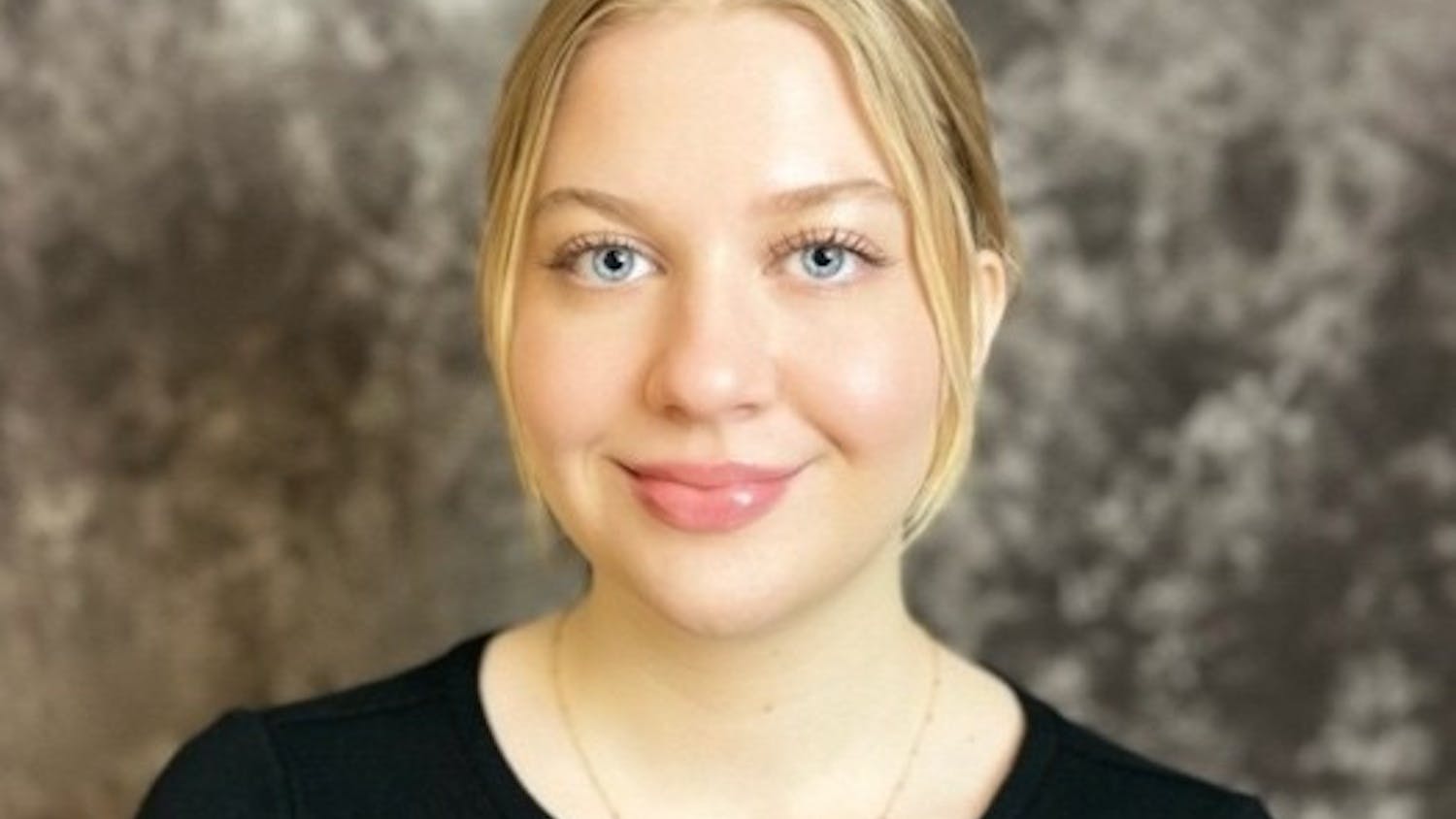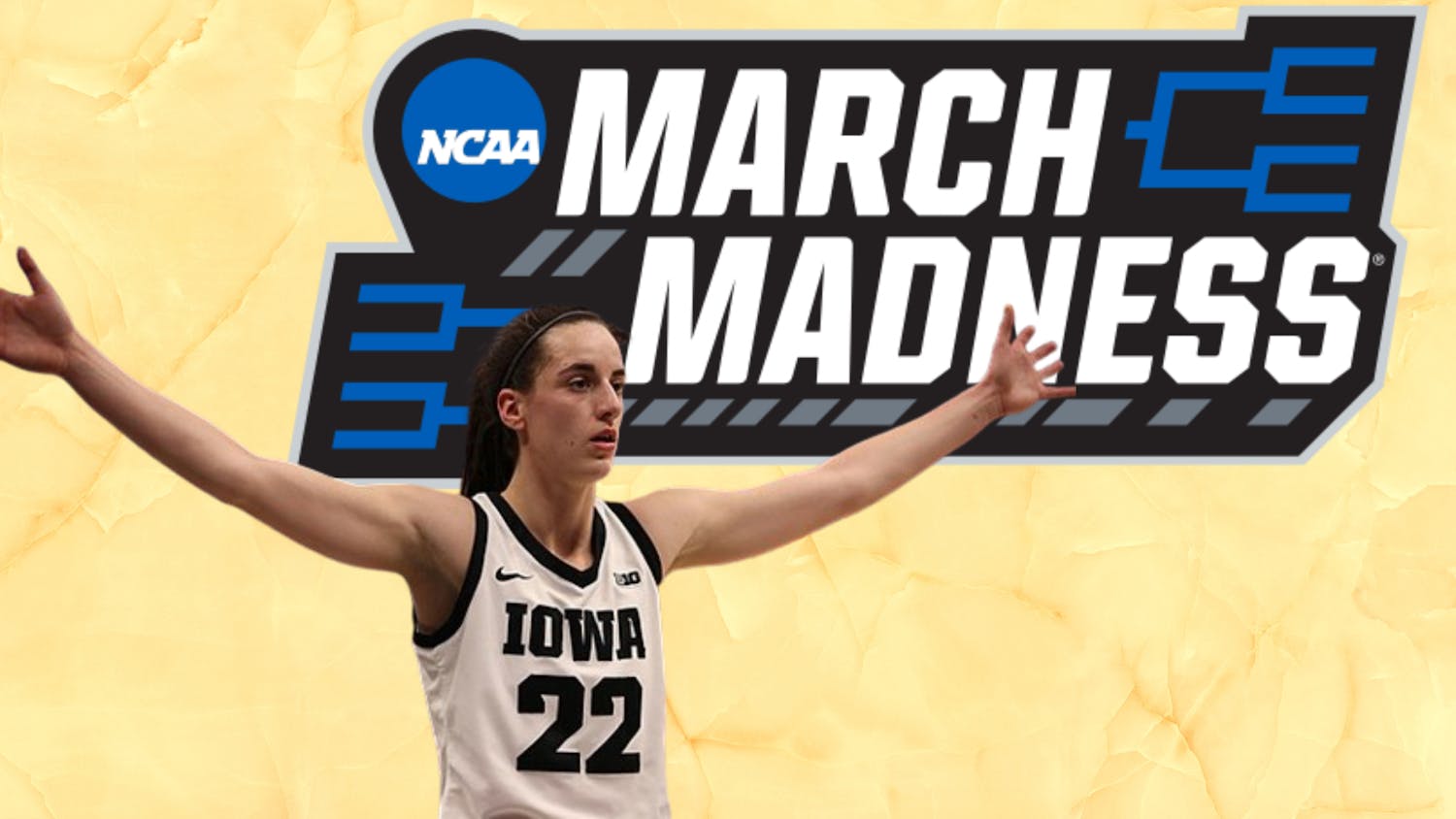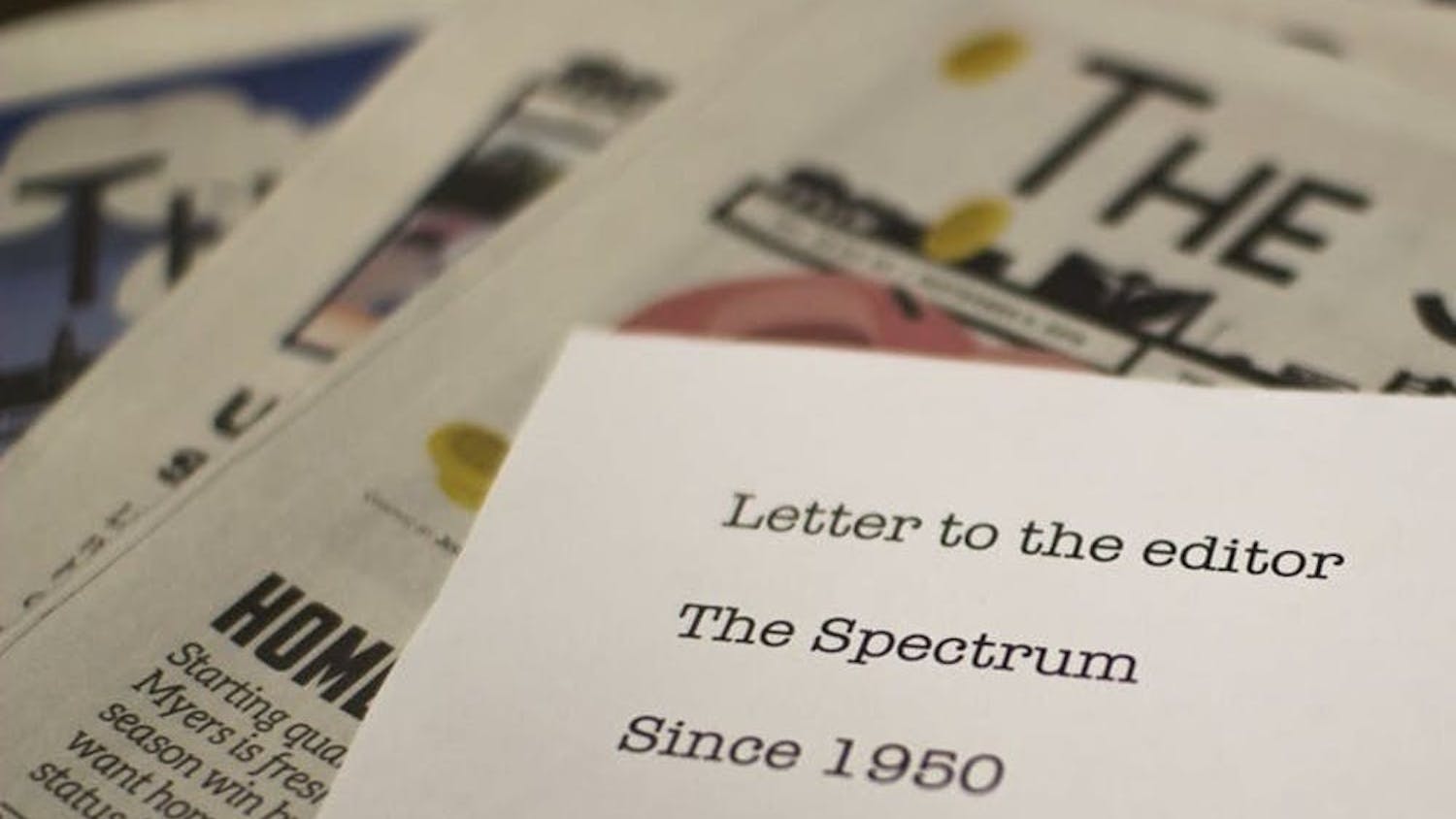Take away usernames and suddenly all bets are off – the wildly popular app Yik Yak is demonstrating just how powerful, and terrible, online anonymity can be.
Yik Yak, a free app that operates somewhat like Twitter within a limited geographic radius, allows users within a shared space – like a college campus – to share ideas and comments anonymously.
That anonymity undoubtedly boosts the app’s popularity – Yik Yak is the most frequently downloaded anonymous social app offered by the Apple Store.
But it’s also incredibly problematic, as the opportunity to go incognito allows students to express their unfiltered thoughts with little chance of being directly responded to.
And, unfortunately, those comments are often offensive, sexually explicit, racist, homophobic, misogynistic, threatening, and likely, any combination thereof.
Because although many of the posts on Yik Yak are trivial, simply light-hearted comments or attempts to be humorous or insightful, these harmless posts are overshadowed by the horrifying.
Essentially, if there’s a way to be offensive, “yakkers” will exploit it. If there’s a demographic to taunt, then it’ll be mocked on Yik Yak. If there’s an individual to bully, then the victim’s name will show up on the app.
As reported by The New York Times, posts have included sexually demeaning comments about students and professors (who are often named – there’s no anonymity for the victims here), propositions of gang rape and threats of large-scale violence.
Students at UB have joined in on this shameful trend, posting racist comments on Yik Yak in response to the Black Student Union’s solidarity march, making it clear that unity is in short supply on campus.
UB’s feed is, unfortunately, no different from what many college campuses are producing on the app – a string of offensive and over-the-top statements, revealing what students are willing to say under the guise of anonymity.
What could have – and should have – been a fun tool for college students to commiserate about shared experiences and feel connected with their fellow students has instead turned into a devastating social experiment, revealing the power of namelessness and the depths of some students’ prejudice and cruelty.
The dark turn that Yik Yak has taken was naively not predicted by its founders, Tyler Droll and Brooks Buffington, who created the app shortly after graduating from college.
Ironically, Droll and Buffington were trying to encourage online equality, hoping that creating a network within a limited space and without usernames would generate an even playing field, one where all users could be assured that their posts would be widely read.
Their intentions were admirable. But now, the founders need to take action to end Yik Yak’s reign as a promoter of vitriol.
Currently, Yik Yak protects the anonymity of its users in all cases except those involving threats of mass violence – in those situations, the founders will cooperate with authorities. And certain keywords do generate a message warning users to reconsider their post, but that’s the extent of the monitoring.
Yik Yak originated as a good idea. Now, a lack of basic decency (and in some cases, impulse control) has destroyed that, leaving many college campuses contemplating a ban on the app, as Yik Yak can be disabled on schools’ Wi-Fi networks.
There is, of course, an argument to be made for free speech and against censorship. But an equally powerful case against targeted harassment and bullying, discrimination in all forms and the trivialization of deeply offensive language also can be made.
The simplest solution, of course, would require students to simply grow a conscience.
That seems to be an impossibility, so Yik Yak’s founders must find a way to protect free speech and anonymity while also ensuring that their app, created to promote a more democratic social network, doesn’t continue to generate an environment of ignorance, debauchery and hatred.
email: editorial@ubspectrum.com





